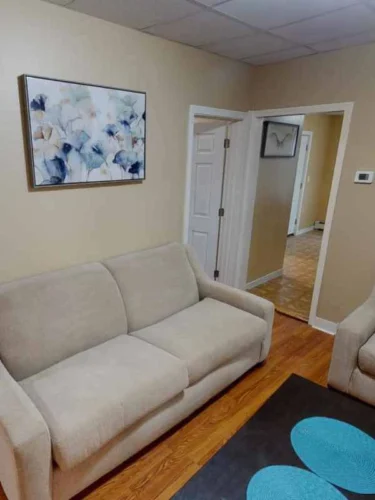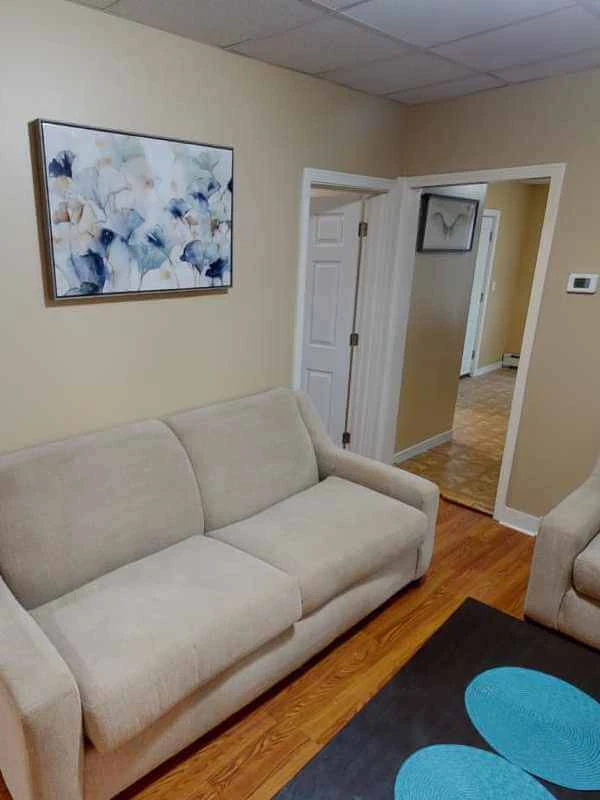
After 30 days of sobriety, physical withdrawal symptoms should be well in the past. Day six of no alcohol consumption usually brings some relief for the most severe withdrawal symptoms, but some nagging symptoms can persist. "Now that most of the physical symptoms have gone away, time to work at staying sober. This is usually where I mess up and drink because I am feeling better and think I can handle it. I know I can't." "Most of my withdrawal symptoms are gone, but I still have sharp pains in my head, can't sleep, and get night sweats." Any information published on this website or by this brand is not intended as a substitute for medical advice, and you should not take any action before consulting with a healthcare professional. Although you might be tempted to tough out withdrawal symptoms by yourself, it’s not worth the risk.
- Today, she educates and empowers others to assess their relationship with alcohol.
- The alcohol withdrawal timeline varies, but the worst of the symptoms typically wear off after 72 hours.
- While sweating itself isn’t dangerous, it can signal serious withdrawal effects like dehydration or alcohol poisoning.
- We do not receive any commission or fee that is dependent upon which treatment provider a caller chooses.
- The foundation of our luxury rehabilitation center is a holistic approach where we treat the person as a whole and not just their alcohol addiction.
- In this article, we’ll show you the best ways to navigate a night out and adjust your bedtime routine to stop bedwetting after drinking alcohol.
Alcohol Withdrawal Delirium: Causes, Symptoms, And Treatments
Serious alcohol misuse can decrease your lifespan by as much as 28 years compared to those who don’t drink. This huge change in lifespan is due to the numerous medical problems that alcohol can cause. Heavy alcohol use can affect the health of your heart, brain, kidneys, liver, pancreas and digestive tract. Stopping alcohol can reduce many of these risks, potentially adding decades to your life expectancy. A day and a half after quitting alcohol, withdrawal symptoms will intensify. New symptoms will develop, including clammy skin, nausea, jumpiness, insomnia, depression and loss of appetite.
Getting Sleep, Dealing With Cravings
Fortunately, you can stop peeing the bed while you’re drunk if you change a few habits. In this article, we’ll show you the best ways to navigate a night out and adjust your bedtime routine to stop bedwetting after drinking alcohol. During this stage of alcohol detox, withdrawal symptoms become more severe.
A Caring Life Home Health
Your doctor or substance abuse therapist can offer guidance and may prescribe medication like benzodiazepines or carbamazepine to help you get through it. Seizures can occur within 6 to 48 hours, while hallucinations can occur within 12 to 48 hours after drinking is reduced or stopped, says Dr. Nolan. This is considered a medical emergency because it can lead to permanent brain damage. The first symptoms—and maybe the only symptoms—you experience may resemble a bad hangover. She adds that withdrawal can also occur after a significant reduction in alcohol consumption. The CDC defines it as more than 15 drinks per https://ecosoberhouse.com/ week for people assigned male at birth and more than 8 drinks per week for people assigned female at birth.

Health and Nutrition Tips
The National Institute on Alcohol Abuse and Alcoholism (NIAAA) estimates that 29.5 million people have alcohol use disorder alcohol detox side effects (AUD) in the United States. Yet, only about 7.6% of people with AUD receive treatment for their alcohol addiction. Medically-supervised detox is crucial for managing alcohol withdrawal safely.
"I am much calmer, anxiety has subsided, stomach better, have an appetite, and sleeping eight hours without waking up at 4 a.m." "I feel good today but was very irritable last night. My clothes are fitting better, and my face isn't as puffy." "The whites of my eyes are white again, my urine is starting to look normal, and my bowel movements are getting normal. My energy level and mental alertness are way up, and it's only getting better."
History of substance abuse

This is part of our ongoing commitment to ensure FHE Health is trusted as a leader in mental health and addiction care. It takes alot of courage to admit to a loved one that bedwetting when drunk is a problem. Friends and family members who are on the receiving end of these admissions are most supportive when they listen empathetically and refrain from expressing judgment. There is never an ideal time to seek professional help, but it is always a good idea to address alcohol-induced bedwetting as soon as possible. Bedwetting isn’t something that happens at random for no reason; there’s science behind urinary incontinence that explains why individuals who are severely intoxicated are at a heightened risk for drunk bedwetting.
What are the symptoms of alcohol withdrawal?
Alcoholism also increases the risk of unsafe sexual behavior, motor vehicle accidents, drowning, and injuries from falls and violence. Those with prolonged, heavy drinking habits may experience more intense and longer-lasting night sweats. For mild alcohol withdrawal that’s not at risk of worsening, your provider may prescribe carbamazepine or gabapentin to help with symptoms.


For those with alcohol use disorder, withdrawal is just the first (but very important) step on a long journey to recovery. These first few weeks are critical because they are when the risk of relapse is highest. Getting so drunk you lose bladder control can require a significant amount of alcohol, especially for those who are regular or heavy drinkers.